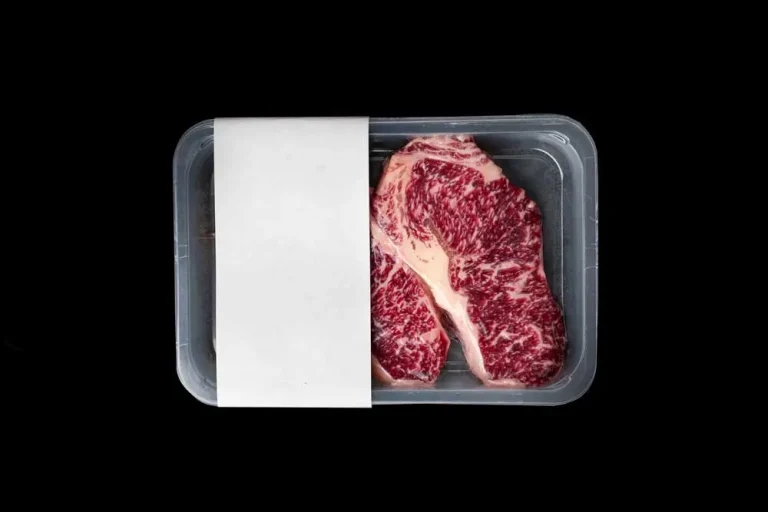16 Oct 2025
BCVA Congress delegates were told they are better placed to spot and act upon suspicious activities relating to food production and supply.

Image: © Andrey / Adobe Stock
Farm vets have been urged to be vigilant for, and report any concerns they may have, about potential incidents of food crime.
The issue was highlighted during the BCVA’s annual congress in Edinburgh, which heard the problem could cost the UK economy nearly £2 billion a year.
Ron McNaughton, a compliance officer with Food Standards Scotland, said vets were better placed than consumers to recognise suspicious signs than consumers as he issued a “call to arms” for them to play a more active role.
FSS operates a 24-hour Food Crime Hotline, in partnership with the charity Crimestoppers, to enable the reporting of either criminal or suspicious activities relating to food production or supply. The Food Standards Agency offers a similar service in the rest of the UK.
Mr McNaughton, a former police officer, assured delegates that all contacts to the hotline would remain anonymous unless the callers themselves signalled they were willing to identify themselves to investigators.
He said: “We can’t find the identity of the person even though we may want to.
“We can go back and ask questions through Crimestoppers and ask if they’re happy for their details to be passed to us.”
Mr McNaughton further recognised the need for improved animal tracking systems, describing it as “the backbone of disease control”.
The issue is considered to have wider significance in protecting welfare standards, as well as maintaining both public confidence and access to markets.
But, despite limitations in specific food legislation, Mr McNaughton argued FSS could have greater “impact” by pursuing cases for common law offences within the Scottish legal system that its counterparts in England and Wales, the Food Standards Agency, cannot.
He highlighted two specific cases where individual offenders were each given substantial prison sentences for offences such as fraud and culpable or reckless conduct for food-related activities.